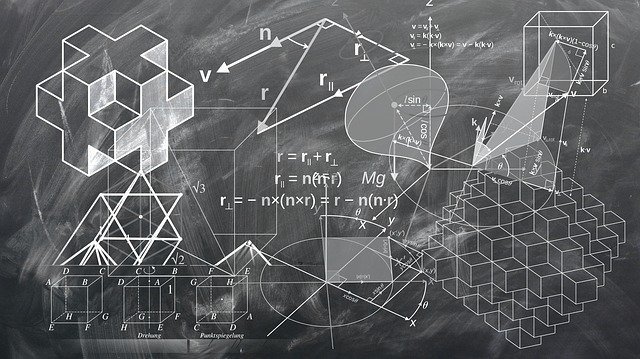Role of Psychology in Maths and Science education
Mathematics and Science education are disciplines that have close connections to other disciplines. Psychology is one of these related disciplines as its concepts, models, and theories can be applied in both mathematical and scientific fields of studies. In 2007, APA and the Society for Research in Child Development formed the Presidential Task Force on Mathematics and Science to examine the role of psychology in those two fields of study; appointed by the 2007 APA President Sharon Stephens Brehm, Ph.D., the task force recognized that the field of psychology had a vital role to play in improving math and science education for all children.
According to the APA (American Psychological Association), Psychology plays a major role in improving education in subjects of Mathematics and Science for children/students in the following four areas:
- Early conceptual understanding of mathematics.
- Conceptual understanding of science.
- Social and motivational involvement in mathematics and science.
- Assessment of learning in mathematics and science.
The concept of cognition, learning, and memory has wide use in both subjects. Researchers from Mathematics education and Psychology share a common interest in understanding how the mind and learning works. Aiming to improve mathematical learning in the classroom, researchers of the field often take into account the cognitive mechanisms of learning. In this subject, new formulas are learned, stored in memory, and then used for solving equations by modifying the formulas – this involves encoding, storage, and retrieval or recall faculties of our brain, which are related to the cognitive abilities of our minds.
A mathematical research topic in which psychology has always had a particularly strong influence is learning of numbers. Mathematics education theories about learning numbers have strongly been influenced by the work of Jean Piaget. For example, the often-held assumption that children’s ability to understand numbers is limited by their general cognitive maturation has certainly shaped educational approaches to conduct teaching numbers in primary mathematics classrooms, while the way of teaching numbers is sequenced in all mathematics curricula. This supports the observational fact that the human brain is well prepared for processing numerical information from early on.
In 1922, Thorndike published a book called “The Psychology of Arithmetic”. Through this text, he introduced three laws in learning situations:
- law of effect
- law of readiness
- law of practice
The Associationist theory of Thorndike has been used to justify the method of drilling as a means of forming and strengthening the stimulus-response bonds that are viewed as constituting the S-R bounds of arithmetic. Children use a variety of procedures other than direct recall to do their arithmetic tasks. The criterion of arithmetic skill is the ability to think quantitatively, not respond with 100% accuracy to arithmetic problems. In regard to the ability of imagination and spatial representation, mathematical structures can be built up in the minds of learners by providing experiences that allow them to develop an enactive iconic and symbolic representation of concepts of mathematics.
Another influence of psychology in mathematics and science can be seen with the help of the ‘information processing theory of learning that attempts to find systematic ways of representing knowledge – knowledge which accounts for the human capacity to reason beyond the literally given information, to find connections and relationships among different areas of knowledge and to be applied in problem-solving situations. The problem-solving and investigative approaches of psychology are involved in solving mathematical equations.
In science, people do an experiment and for that, they often start from no base of previous knowledge; conversely, some experiments are carried out to check out a hypothesis – maybe the scientists know something and are trying to test it out for confirmed results. This is taken from what is known as top-down or bottom-up processing in psychology. Moreover, in science, everything is objective and convergent as one question only has one correct answer. Psychology is a more open-ended discipline in itself but it surely helps science to be narrowed down to one logical result or conclusion.
Statistics and studies all boil down to one thing – psychology encompasses many areas of research that are important for students achieving success in disciplines of mathematics and science. Thus, in order to be most effective, psychology as a discipline needs to henceforth engage in multidisciplinary contexts and focus on applications as well as generation of basic knowledge.



